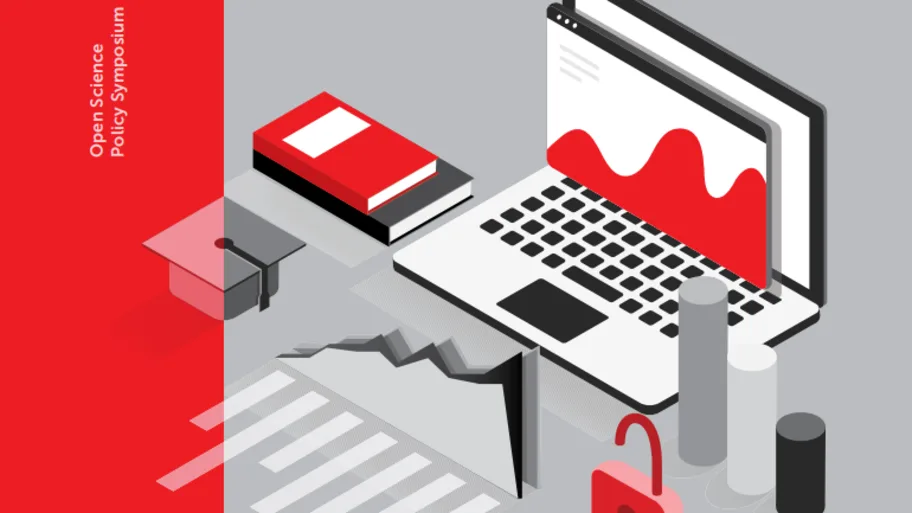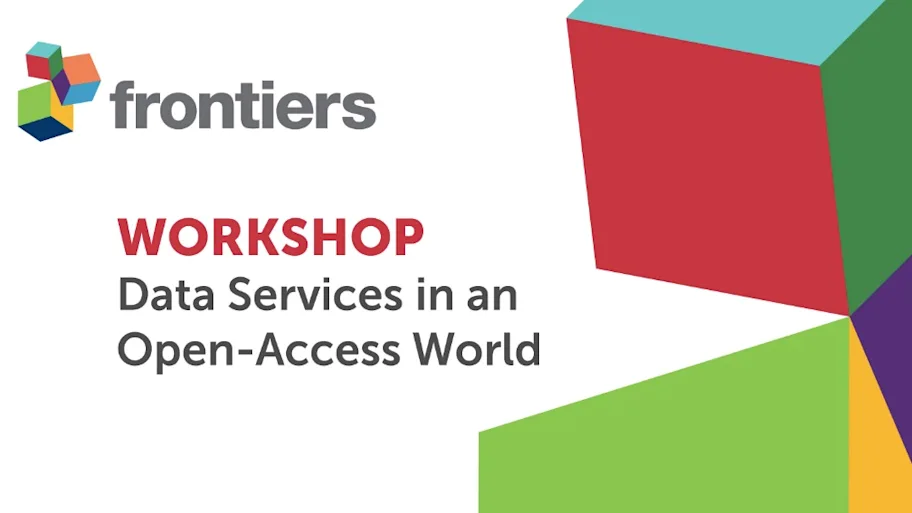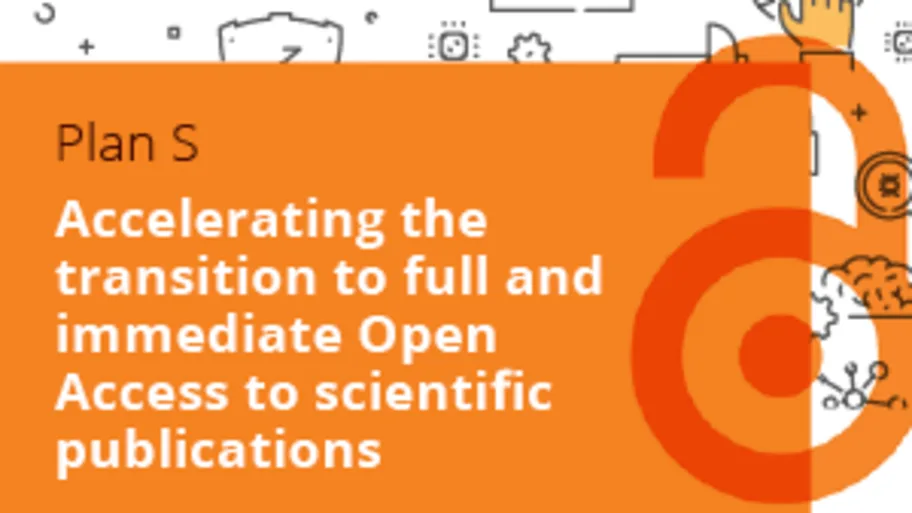
- Science news
- Frontiers news
- Frontiers participating in European Commission Expert Group
Frontiers participating in European Commission Expert Group

The European Commission has announced a new expert group on the Future of Scholarly Publishing and Scholarly Communication, which they set up to support their Research and Innovation policy development around Open Science.
Frontiers has been selected as one of 12 members to provide strategic advice to the Commission, including 6 individuals representing public interest and 6 six representatives of institutions with activities related to scholarly publishing.
Individual experts:
Jean-Claude Guédon, Canada
Michael Jubb, United Kingdom
Bianca Kramer, Netherlands
Mikael Laakso, Finland
Birgit Schmidt, Germany
Elena Šimukovič, Lithuania
Organisations:
Bill and Melinda Gates Foundation
eLife
Elsevier (RELX Group)
Frontiers
SpringerNature
Wellcome Trust
Kicking off in November 2017, over the next 12 months, the group will assess emerging and alternative open access business models with the aim of “establishing how an economically viable transition towards open access can be achieved.” Carrying out both individual and collective activities, all members will contribute to a Final Report with recommendations of general principles for the future of open access publishing and scholarly communication.
For the last 10 years Frontiers has been a leading innovator in Open Science and has built a highly scalable technology platform which empowers scientists with solutions that radically improve how science is published, evaluated and disseminated to researchers, entrepreneurs and the public. With an Open Science approach, Frontiers has successfully united communities across all domains of academic endeavour, including more than 70’000 of the world’s top researchers who have joined Frontiers’ editorial boards and over 300’000 authors across 450 academic communities.
Frontiers will be represented on the expert group by Co-Founder & CEO, Kamila Markram: “There is an urgency to open the flow of science to facilitate discovery, innovation and address the critical sustainability challenges we face today. Together with feedback and the support of our academic community, we are very much looking forward to this exciting opportunity to participate in the shaping of the science of tomorrow.”






